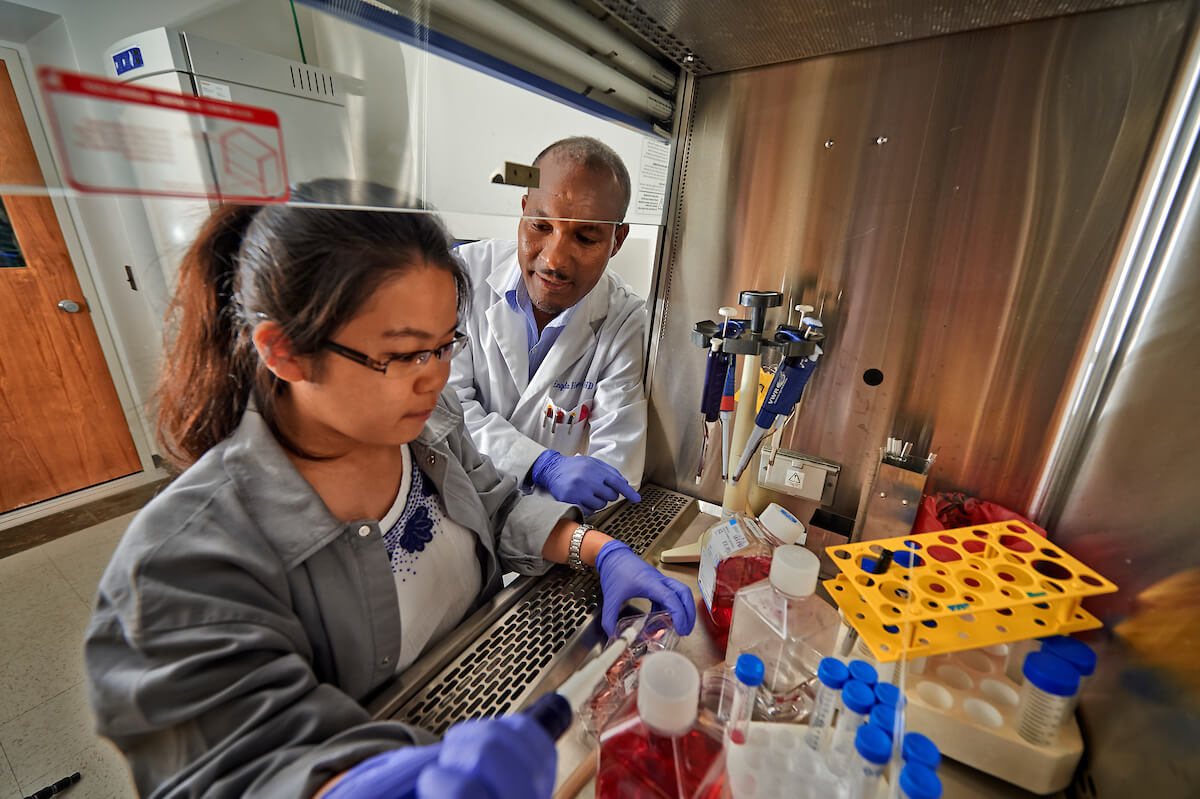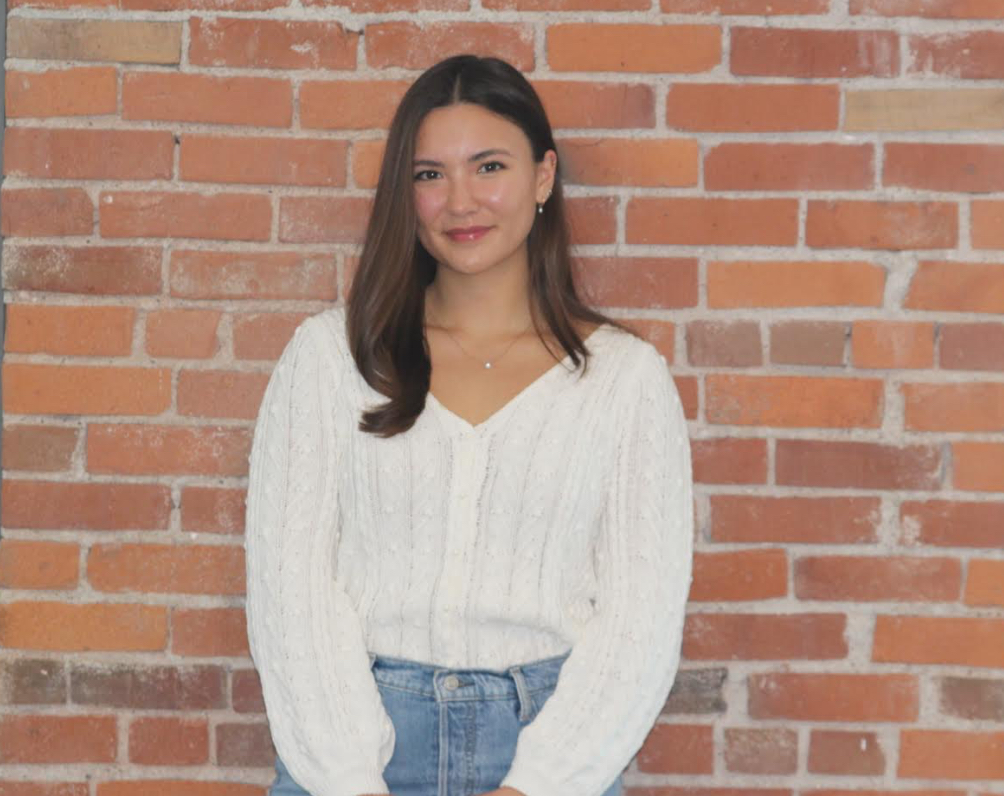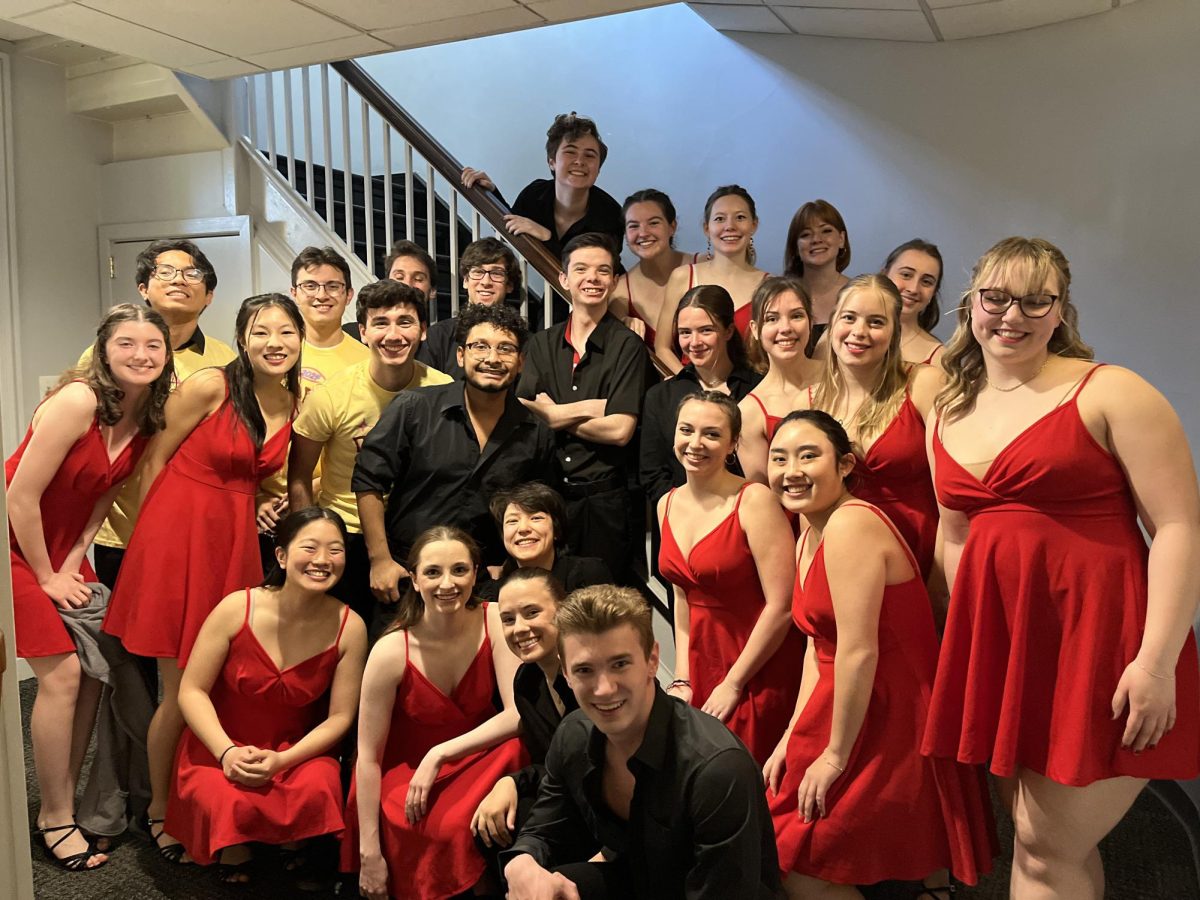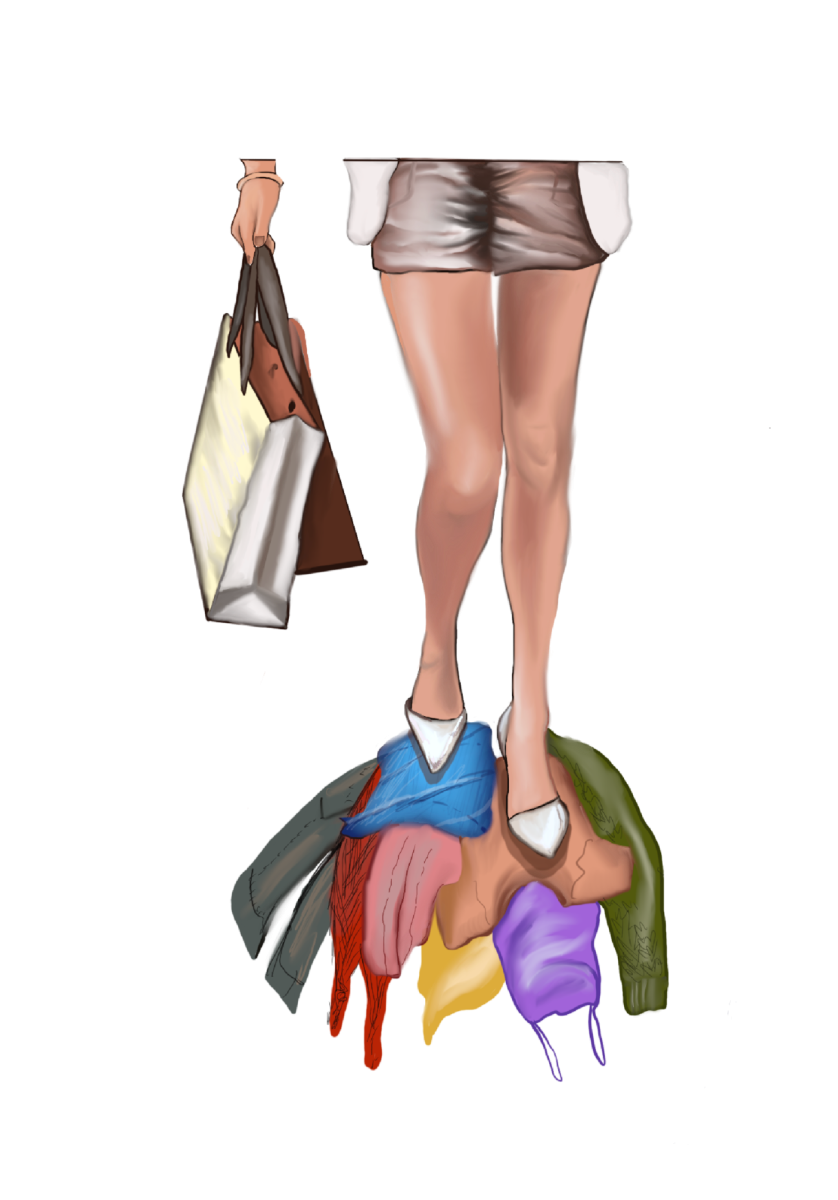Seniors Ari Levine, Andrew Cooke and Sophie Neugarten have all pursued majors in one of Colgate University’s popular majors: biology. While the major is optimal for students who plan to explore career interests in the biological or health-related sciences, the wide breadth of electives allows students to hone in on particular areas of intrigue. Levine, Cooke and Neugarten have each followed vastly different academic paths to fulfill their individual curiosities and passions surrounding the field of biology. Whether it’s “Microbiology,” “Comparative Physiology,” “Molecules, Cells, and Genes” or “Organic Chemistry,” the major encourages students to explore biology on both micro and macro levels.
“The reason I enjoy biochemistry is that it focuses on how every living thing operates on a microscopic scale, specifically the amount of mysteries regarding those processes that we still have yet to uncover,” Cooke said.
“I really liked my physiology class because it’s very applicable to human activity; you can understand why you’re doing certain things and why your body acts a certain way,” Levine said. “Microbiology was also really interesting. We went to [Good Nature Farm Brewery] to learn how they make beer and also collected sediment from a pond near town.”
Outside the classroom, it is common for biology majors to deepen their specific interests in professional settings, providing them with hands-on experience in research and clinical settings. Levine, Cooke and Neugarten have engaged in numerous opportunities in which they applied their understanding of biology to unique situations.
“Last summer, I worked in a lab focusing on a single detection method for all GPCR-linked autoimmune diseases,” Neugarten said. “Prior to that, I worked in the same lab on a different project aimed at developing a therapeutic for amyloidosis syndromes.”
“Over the summer at Northwestern Memorial Hospital for the pre-med internship I performed a retrospective analysis of TSEBT radiation oncology treatment on patients with CTCL [Cutaneous T-cell lymphoma],” Cooke said. “It was a dry lab, and I went through patient records and talked to patients to collect data and draw correlations that could further our understanding of how to treat CTCL.”
“Last summer I was in a wet lab that focused on molecular parasitology. I did work researching adjuvants, which help boost vaccines,” Levine said. “This experience aligned with my immunology class and my background in that field.”
Colgate’s biology classes and their outside experiences have inspired Levine, Cooke and Neugarten to think about how they will use biology in the future.
“I’m most interested in the intersection of biology and public health. After graduation, I want to work in a research lab for a couple of years as a research assistant,” Levine explained. “Then, I want to go to graduate school, given that I still want to learn in the classroom.”
Cooke is currently considering the different tracks his biology major can take him.
“No matter what route I end up on, I feel very confident that I will end up in the biology sector, whether that’s going to medical school to become a practicing physician or getting a graduate degree in biotechnology and going into the corporate sector,” he said.
Neugarten is sure of her path, planning to apply to medical school and eventually become a doctor.
As seniors, Levine, Cooke and Neugarten have experienced both the challenging and rewarding sides of being a biology major. Over the past three years, they have accumulated knowledge beyond that of biological concepts, learning how to make the most of classes and the department’s offerings. Their advice is invaluable to students considering or actively pursuing the major.
“Don’t be afraid to ask questions,” Cooke said. “I felt embarrassed to do this early on in college, and I didn’t realize until later how helpful the professors are in getting you to understand the material. It really does save a ton of time to ask a professor clarifying questions rather than trying to push through it on your own.”
“Start taking classes as soon as you can. You don’t need to take them all at once; there are just a lot of requirements, and it will take a while to complete all of them. Engage with your professors, go to office hours, make new friends out of lab partners and try to find the excitement in what you are learning about,” Neugarten said.
Although Levine, Cooke and Neugarten have taken different approaches to their majors in biology, they each emphasized a sense of community and the support systems fostered by the students and faculty in the department.
“Colgate is a small school, and the amount of people in bio/biochem is even smaller,” Cooke said. “This means that in most of the classes in my major, I see some of the same people repeatedly, and that has allowed me to form some amazing friendships that will last past graduation. Everyone in the field is so helpful, and they are some of the nicest individuals you will meet on this campus, both students and faculty.”

















